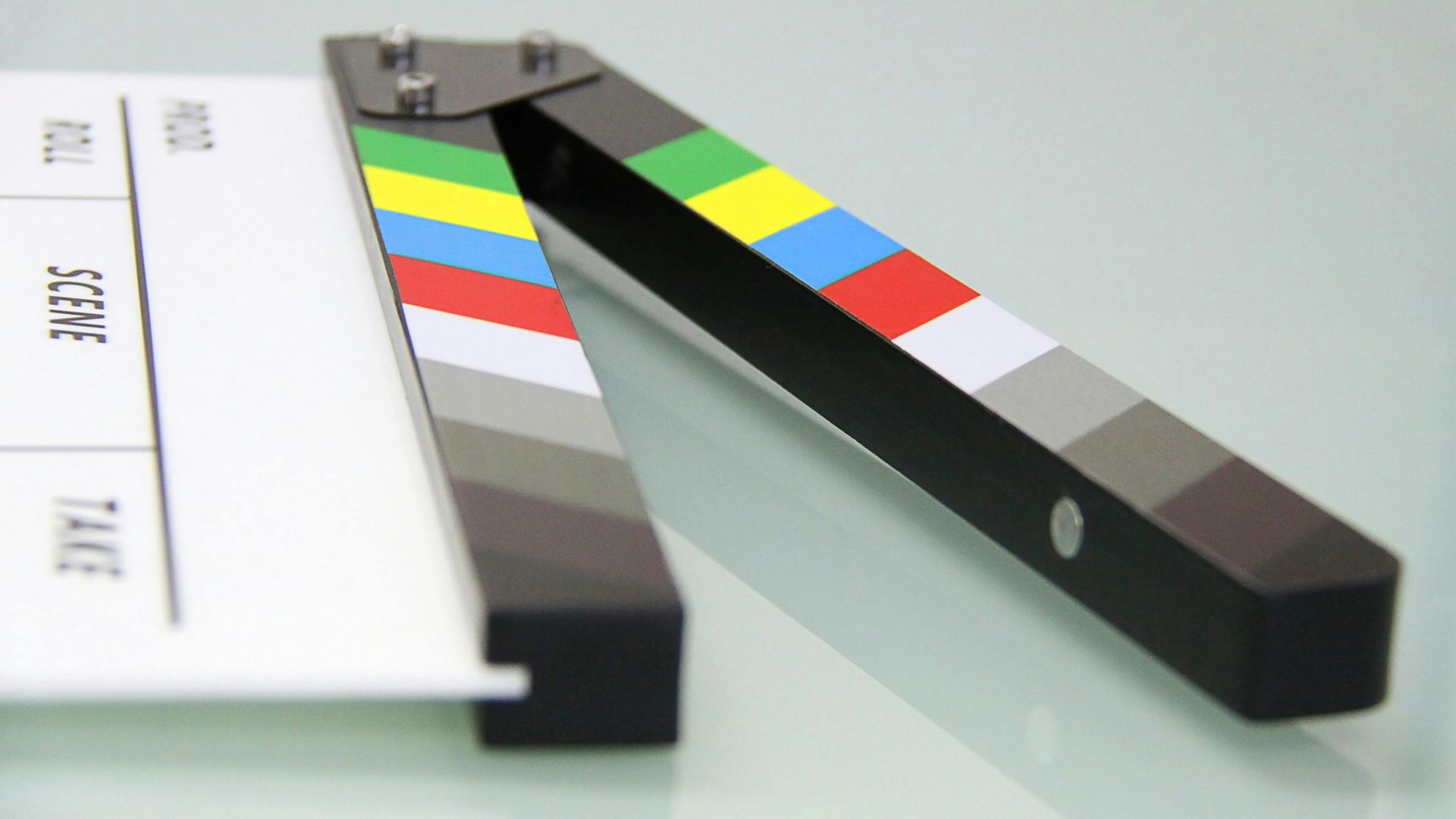Union Payroll Workflow: A Week in the Life of a Payroll Accountant

In the film and television industry, the role of the payroll accountant is a high-pressure balancing act. It requires accuracy, attention to detail, and a deep understanding of collective bargaining agreements (CBAs), wage and hour laws, benefit fund requirements, and the unpredictable schedules of production life.
Over the past decade, technology has introduced new efficiencies into this demanding job. Digital onboarding platforms and electronic timecard systems have replaced stacks of paperwork and hours of manual entry. But while the tools have evolved, the core rhythm of the payroll process — especially on union shows — remains rooted in a structured weekly workflow that starts before the weekend and wraps up with check distribution on Thursday.
This article walks through a typical week for a union payroll accountant and explains how digital systems support each phase of the process, what deadlines matter most, and how teamwork between the production and the payroll company keeps everything running smoothly.
Digital Onboarding: Laying the Groundwork Before Day One
A successful payroll week begins long before anyone sets foot on set. Crew members must complete onboarding before they can be paid. This includes submitting:
- Federal Form W-4
- State income tax forms
- I-9 employment eligibility documentation
- Direct deposit information
- Union dues authorization forms
- Wage theft notices (if applicable)
- Benefit redirection forms (if applicable)
- Start paperwork confirming classification, rate, and guarantees
This process is now commonly handled through digital onboarding platforms that allow crew to complete all required documents online. These systems automatically route forms, track completion, flag missing items, and store documents securely. Payroll teams can access hire data in real time, helping them prepare for payroll before the first timecard is even submitted.
Getting classifications and union affiliations correct during onboarding is essential. Errors here, such as assigning the wrong Local or entering the wrong occupation code, can affect everything from wage compliance to benefit reporting and future audits.
Friday to Sunday: Timecard Collection and Early Processing
Most union crew submit their weekly timecards by Friday evening or Saturday morning. Digital timecard systems like TiM, Hours+, or SmartStart allow department heads and individual crew members to log hours in real time, apply meal penalties automatically, and capture the correct work state. While the software improves speed and accuracy, it still depends on timely and correct input from crew and production teams.
Over the weekend, payroll accountants begin reviewing timecards and entering data. They verify hours, job classifications, wage rates, and apply contractual rules for:
- Minimum calls
- Daily and weekly overtime
- Meal penalties and forced calls
- Rest periods and turnaround
- Rerates and position upgrades
- Location-based rate differences
Each collective bargaining agreement contains unique provisions. Payroll accountants must determine which rules apply to which individuals based on union membership, position, and jurisdiction. This work begins as early as Saturday morning, particularly on large episodic productions, and continues through Sunday if timecards are still trickling in.
Many payroll accountants work a Sunday through Thursday schedule to meet production needs. Sunday is often the most intensive day for reviewing, correcting, and calculating payroll.
Monday: Finalizing and Submitting Payroll
By Monday morning, all crew timecards should be received and reviewed. The payroll accountant completes any remaining entries, finalizes calculations, and prepares the payroll submission for the payroll company.
Submission happens through secure digital portals or direct integrations with the payroll company’s system. Depending on the production’s size and whether it is a weekly or daily show, the submission could include hundreds of employees covered under multiple union agreements.
Once the payroll is submitted, the payroll company begins processing. As the employer of record, they handle fringe calculations, taxes, and internal compliance checks. This includes applying union rates for pension, health, and welfare benefits, as well as confirming taxable earnings and employer contributions.
Tuesday: Payroll Edits and Compliance Review
Most payroll companies return a payroll edit file to the production payroll accountant within 24 hours of submission. This edit includes a detailed breakdown of all earnings, taxes, benefit contributions, and deductions by individual employee.
The payroll accountant's job is to carefully review the edits and ensure:
- Gross pay matches timecard entries
- Guarantees and penalties have been applied correctly
- Union benefit contributions are accurate and compliant
- Labor coding reflects the correct cost center or department
- All contractual terms from the applicable union CBAs have been enforced
This is a crucial step in the payroll cycle. Payroll accountants bring expertise in interpreting union contracts, understanding the specific rules for health and retirement contributions, and identifying errors such as incorrect fringe applications or misclassified job titles.
If discrepancies are found, the payroll accountant collaborates with the payroll company to make corrections. This communication typically continues through Tuesday and sometimes into Wednesday morning to ensure everything is accurate and ready for final approval.
Wednesday: Finalizing and Approving Crew Payroll
The goal is to have all corrections made and crew payroll ready for approval by Wednesday afternoon. Once the payroll accountant gives final approval, the payroll company processes payments either by check or direct deposit.
Thursday is the standard payday for union productions. Meeting the Wednesday approval deadline ensures that crew receive their payments on time and in full. Missing this window can delay payment and create compliance risks for the production.
As crew payroll wraps up, payroll accountants begin working on cast and above-the-line (ATL) payroll.
Tuesday to Thursday: Handling Cast and ATL Payroll
While crew payroll is processing, payroll accountants also manage payments for actors, directors, producers, and other key personnel. These individuals often have more complex pay structures, such as weekly guarantees, flat episodic rates, or custom deal terms.
Cast and ATL payroll involves:
- Confirming start forms and deal memos
- Applying union benefit contributions (e.g., SAG-AFTRA pension and health)
- Calculating overscale payments, loan-outs, and residuals (if applicable)
- Reviewing per diem, housing allowances, and special reimbursements
- Ensuring accurate tax withholdings and proper classifications
Even though the number of ATL employees is smaller than crew, each individual’s pay can involve multiple layers of contractual detail. ATL payroll is often finalized and submitted by Thursday to follow crew payroll and align with standard check distribution schedules.
Thursday: Issuing Checks and Wrapping Up
Thursday is the busiest day of the week for check distribution and follow-up. After final payroll approvals, the payroll company processes payments and prepares reports. Payroll accountants:
- Distribute physical checks or confirm direct deposits
- Deliver check stubs and summaries to department heads
- File and archive payroll reports
- Upload benefit reports or submit union reporting documentation
- Begin documenting any payroll adjustments that will need to be corrected in the following week’s cycle
If issues are identified, such as missed hours, incorrect deductions, or delayed benefit contributions, Thursday is the time to start planning adjustments. These are either processed off-cycle or rolled into the next week’s payroll.
How Digital Tools Keep the Process on Track
Digital onboarding and electronic timecard systems have transformed how quickly and accurately payroll accountants can do their jobs. These tools offer several benefits:
- Faster data collection and form completion
- Real-time visibility into employee records and time entries
- Automated calculation of meal penalties, overtime, and work locations
- Secure digital submission to payroll companies
- Fewer clerical errors and easier compliance tracking
However, even with these advances, the payroll accountant remains the most critical part of the process. Their judgment, knowledge, and communication with the payroll company ensure that digital systems are being used correctly and that all rules are properly enforced.
Final Thoughts: The Role That Keeps Production Moving
Every week in union payroll follows a precise rhythm that supports the entire production. From collecting timecards to issuing paychecks, the payroll accountant is responsible for applying union rules, enforcing compliance, coordinating with the payroll company, and making sure everyone gets paid correctly and on time.
Digital tools have made the process faster and more transparent. But they are only effective when used by someone who understands the rules and nuances of union agreements. That person is the payroll accountant.
As the film and television industry continues to evolve and adopt more technology, the role of the payroll accountant remains essential. They are not just processing numbers; they are keeping the production compliant, organized, and audit-ready.









